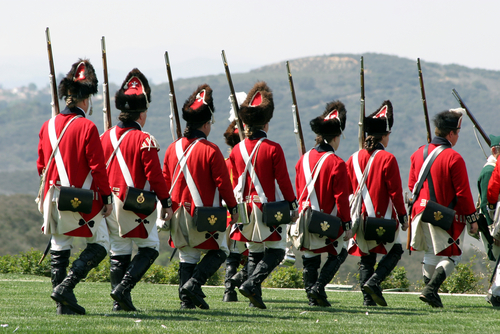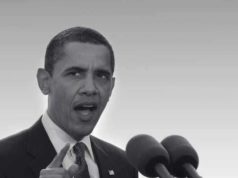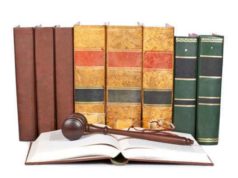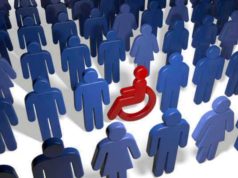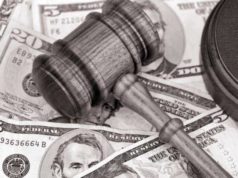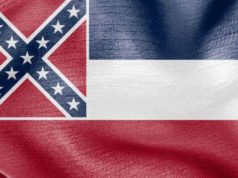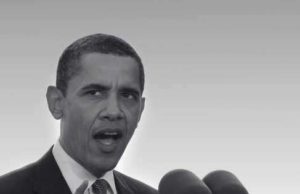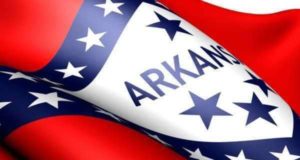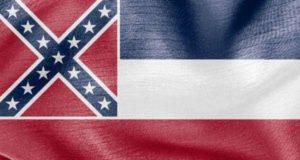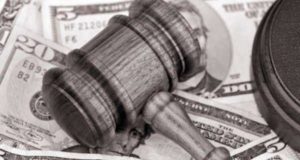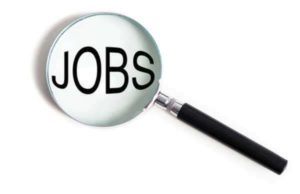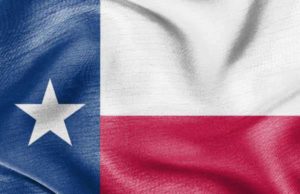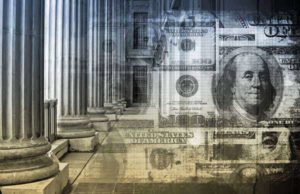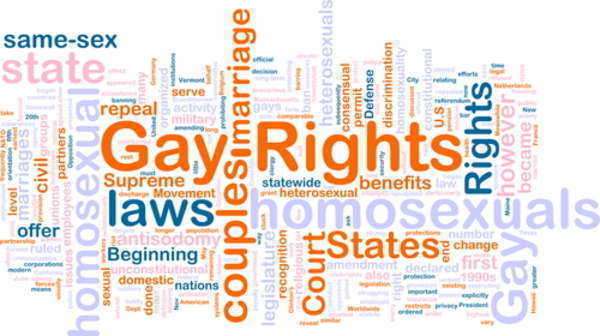
An attorney who has argued 14 cases before the United States Supreme Court will speak on the history of gay rights during a visit to the West Virginia School of Law.
The lecture, which is to be given by Paul Smith and held on the 18th of this month, is open to the public and sponsored by OUTlaw—the university’s gay and straight student organization.
Paul Smith will be introduced be fellow attorney Stephen Skinner, an alumnus of the school who became the first openly gay members of the state’s House of Delegates with his impending election in the fall.
Stephen Skinner is responsible for establishing the civil rights group Fairness West Virginia. And in 2003, Smith argued the landmark Supreme Court case Lawrence v. Texas which effectively made homosexual activity legal in every territory and state in the U.S. Until this case, homosexual acts between people of age and of consent had been illegal in 14 states.
The lecture comes at an interesting time in West Virginia’s history regarding gay rights. The state is by all means conservative; however, supporters of same-sex marriage and gay rights are hopeful a newly revamped bill to prevent discrimination against lesbians and gays will pass through the state’s legislature this year. Lawmakers in the state remain hesitant regarding the bill’s success because it has already been introduced in the past three legislative sessions.
The law, which would prohibit businesses with more than a dozen employees and landlords from discriminating against individuals because of their sexual orientation, adds further detail to the law prohibiting employers or landlords from firing or evicting people based on their sexual preference.
Frank Hartman, a lobbyist for a gay rights advocacy group in the state, says his group is optimistic regarding the bill’s passing in the upcoming session. Mr. Hartman says that Fair West Virginia, which widely supports equal rights for lesbian, gay, transgender and bisexual people, has worked tirelessly on a new version of the bill.
The newly revised bill now includes a religious exemption, which Hartman claims would make the bill more appealing to conservative legislators. The exemption is largely based on federal law and would free church-run organizations and religious bodies from having to hire lesbian or gay individuals.
Hartman also said the bill has the support of two major local businesses, Frontier Communications and American Electric Power. The advocacy group claims they were in the beginning worried about the number of Republicans that increased in the House this year (the GOP gained 11 seats in November’s election, bringing its total to 46) but now believes the increased conservative power will not impact the anti-discrimination’s bill’s prospects.


